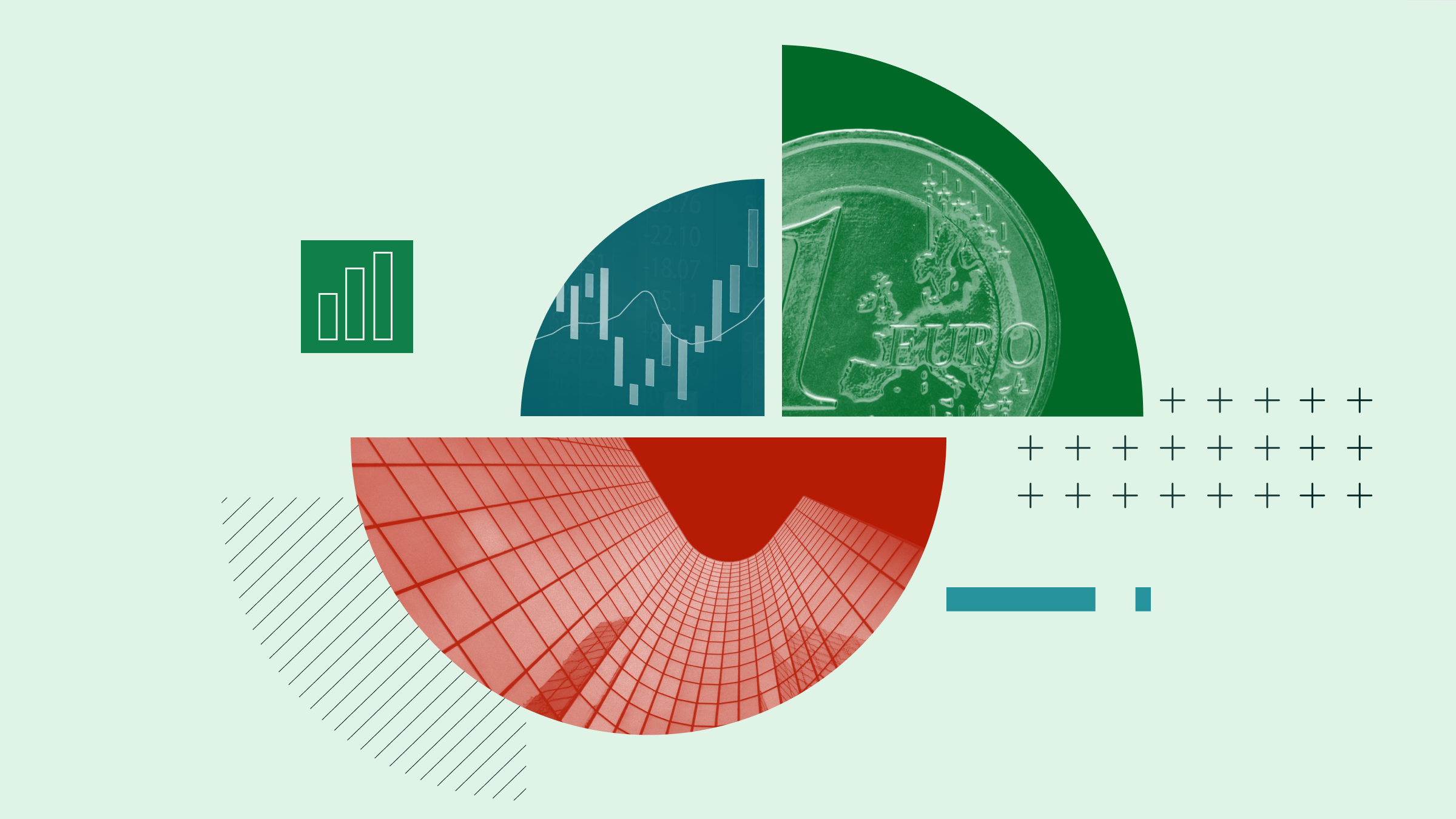Emma Wall: Hello, and welcome to the Morningstar Series, Ask the Expert. I'm Emma Wall and here with me today to discuss emerging market debt is Oliver Kettlewell.
Hello, Oli.
Oliver Kettlewell: Hello there.
Wall: So, emerging market debt has not fared very well this year. In fact, this has been the first year since 2008 that the asset has been loss making. Why is that?
Kettlewell: I think probably the main reason is tapering. It's a well-known fact that the threat of tapering by the U.S. government has led to a lot of risk assets being sold off. Once the U.S. Federal Reserve starts reining in its purchase of U.S. bonds, there is going to be less liquidity around, less liquidity to go into the more risky areas of the market, such as emerging market bonds. Investors have been scared about this and have been kind of selling down their exposure to this perceived high-risk asset class.
Wall: Despite that, demand has been pretty high though, hasn't it?
Kettlewell: That's true. Demand has been surprisingly high, and two of the more kind of quirky facts I found about the year is that some – Lukoil (LKOH) is a Russian oil & gas company. It was three times oversubscribed when it issued its corporate bond this year. The Republic of Rwanda, a single-B rated country issued a 10-year government bond at 6.6%, which is not far off the yield that sort of Italy and Spain and a lot of the peripheral countries had 18 months earlier. So, demand still remains very strong, yes.
Wall: Looking forward then, because you just said the threat of tapering was enough to draw the asset class down. We didn't actually get tapering. I mean, people are divided as to when we should expect it, but around March 2014. I know when you look at equities, there are certain emerging markets that are very sensitive to this. The so called, 'fragile five', that have currency depreciation. Is this the case with debt as well?
Kettlewell: Yes, that is true. I think currency depreciation has a big impact on the returns you get from emerging market bonds. And as you rightly said, it's not really a question of if, it's question of when now for tapering, and it will happen at some point next year. I think when it does selectivity in emerging market bonds becomes really important.
In previous years, you can perhaps have had more kind of broad-based bland exposure to emerging market debt and it didn't really matter too much. Now fund managers are increasingly saying that it is important to be selective, and you mentioned that the 'fragile five' of Brazil, India, Indonesia, South Africa and Turkey. So, these are the countries which a lot of fund managers are saying will probably get hit more than others, and these are the countries which they are avoiding.
So, I think the asset class could still be a good opportunity for next year, but fund managers are obviously paying a lot of attention to which countries they invest in.
Wall: So, where are the buying opportunities then? If we are avoiding the 'fragile five', is perhaps the asset class having been depressed now presenting these buying opportunities?
Kettlewell: Yes, I think investors should probably always – the average kind of retail investor on the street should always be cautious of emerging market debt in the sense that it shouldn't be a big part of their asset allocation, but I think a kind of a small-to-mid single digit allocation is fine. It's a growing asset class. There are opportunities out there for fund managers. There are a lot of countries with very strong current account deficits, with robust currencies and low inflation and no social unrest like we've seen in some emerging market countries.
But I do think probably the best way for investors to go is to have just a single fund which has broad-based exposure to emerging market bonds through hard currency, local currency, corporate debt, rather than perhaps buying into a niche market, emerging market debt product, which is only going for a country's local currency or a few corporate bonds. Yes, I think broad-based exposure to emerging market debt is the best way to go.
Wall: Oli, thank you very much.
Kettlewell: Thank you.
Wall: This is Emma Wall for Morningstar. Merry Christmas.





















